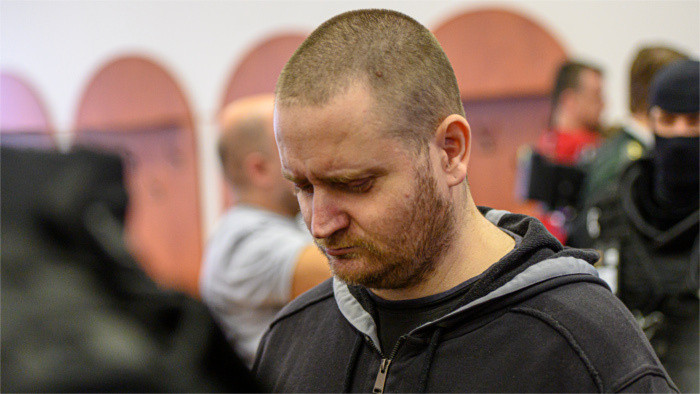On Monday, the Specialised Criminal Court in Pezinok sentenced Miroslav Marček to 23 years in prison for the murders of journalist Ján Kuciak, his fiancée Martina Kušnírová, and businessman Peter Molnár. The length of the sentence means that the court applied the so-called extraordinary punishment reduction, otherwise he would have been sentenced to 25 years or life imprisonment.
Special Prosecutor's Office prosecutor Juraj Novocký has proposed that Marček should be imprisoned for 25 years.
Expert in psychiatry Ľubomíra Izáková, who has drawn up a study on the defendant's mental state, stated that Marček is not mentally ill, and it's unlikely that he could be rehabilitated. She also added that he is not addicted to alcohol or drugs and was aware of what he was doing when he killed the couple.
Psychologist Robert Máthé stated that although Marček is aware of social norms, he interprets them according to his preference. The Psychologist also stated that aggression can be triggered very easily in Marček's case, and that the probability of his positive resocialization is very low.
Two people in the case have already been sentenced - Zoltán Andruskó, who acted as a "go-between", for 15 years as part of a "plea bargain"; and Marián Sehnal, who was sentenced to three years conditionally after he confessed to having made adjustments to a gun for the shooter, Miroslav Marček.
Moreover, three other defendants have pleaded not-guilty in the Kuciak murder case: businessman Marián Kočner, charged with ordering the murder; Alena Zsuzsová, charged with acting as "go-between"; and Tomáš Szabó, charged with assisting in the murder.
On 21st February 2018, Slovak investigative journalist Ján Kuciak was assassinated along with his fiancée Martina Kušnírová in their house in the village of Veľká Mača, south-western Slovakia. The murder led to the largest protests in the streets of Slovak towns since the Velvet Revolution in 1989, and resulted in the resignations of the Prime Minister, Interior Minister and Police Corps President.

